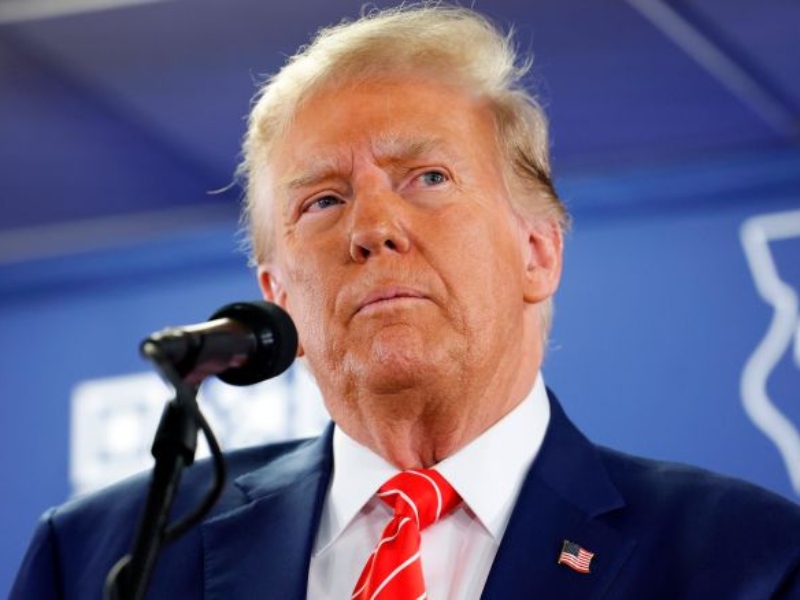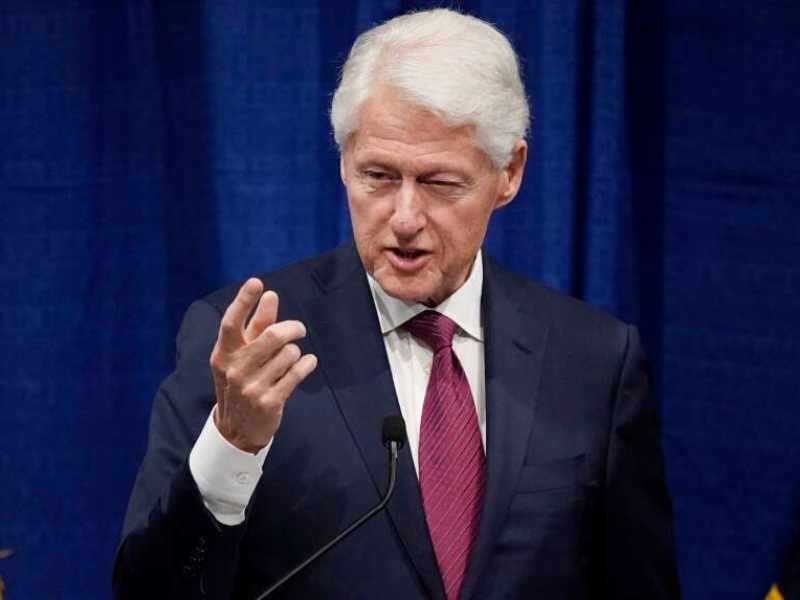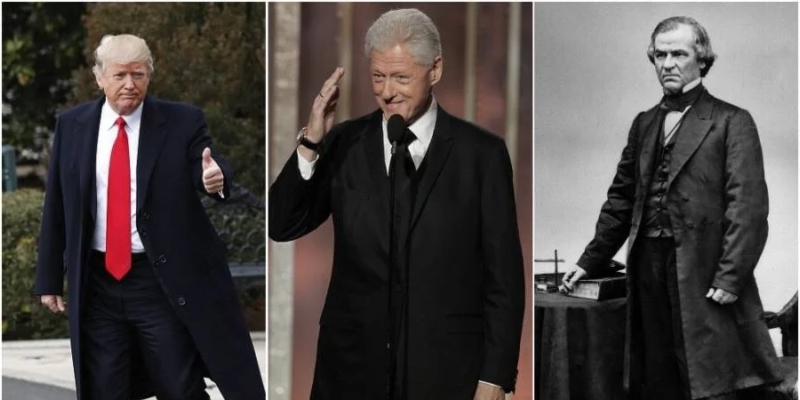Impeachment is a constitutional process in the United States designed to address serious misconduct by a sitting president.
It is a rare and solemn undertaking, initiated by the House of Representatives, that can result in the removal of the president from office. The process begins with the House launching an impeachment inquiry, typically triggered by alleged high crimes or misdemeanors.
The House Judiciary Committee conducts investigations and hearings, ultimately drafting articles of impeachment outlining specific charges. A simple majority vote in the House is required to impeach the president. The proceedings then move to the Senate, where a trial is presided over by the Chief Justice of the Supreme Court.
Senators act as jurors, and a two-thirds majority is necessary to convict and remove the president from office. Impeachment is a powerful tool, reflecting the delicate balance of power within the US government and the commitment to holding leaders accountable for their actions.
The historical instances of impeachment, ranging from Andrew Johnson to Donald Trump, illustrate the complexities and gravity of this constitutional mechanism.
Donald Trump’s First Impeachment in 2019

The first impeachment saga involving Donald Trump emerged in 2019, centering on allegations that he pressured Ukraine to investigate political rival Joe Biden. The House impeached Trump on charges of abuse of power and obstruction of Congress. In 2020, the Senate acquitted him on both counts, marking a significant moment in the nation’s recent political history.
Donald Trump’s Second Impeachment in 2021
The most recent chapter in the history of US presidential impeachments unfolded in 2021 when former President Donald Trump faced his second impeachment trial.
The House of Representatives charged him with “Incitement of Insurrection” following the Capitol riot on January 6, 2021. On February 13, 2021, the Senate voted to acquit Trump, as the article failed to garner the required super-majority, signaling the end of the contentious proceedings.
Bill Clinton’s Impeachment in 1998

Returning to the late 20th century, President Bill Clinton faced an impeachment inquiry in 1998, fueled by the Clinton–Lewinsky scandal.
Accused of perjury and obstruction of justice, Clinton’s denial of a sexual relationship with Monica Lewinsky resulted in two articles of impeachment. The Senate trial concluded with Clinton’s acquittal in 1999, highlighting the resilience of a president amidst public scandal.
Andrew Johnson’s Impeachment in 1868

Venturing further back in time, President Andrew Johnson’s impeachment in 1868 marked a critical moment in post-Civil War America. Johnson’s clashes with Congress over civil rights for freed slaves and the reconstruction of Southern states led to his impeachment.
The House impeached him on 11 articles, but Johnson’s acquittal ensured that he became the first and only former US president to be elected to the Senate.
These impeachment episodes, spanning from the 19th century to the present day, offer a rich tapestry of American political history. Each instance reflects the nation’s ongoing commitment to accountability, democratic values, and the intricate dynamics between the executive branch and Congress.
Richard Nixon’s Unfulfilled Impeachment
While not formally impeached, Richard Nixon faced potential impeachment inquiries related to the Watergate Scandal. Nixon resigned in 1974 before the House of Representatives could initiate impeachment proceedings.
His successor, Gerald Ford, later pardoned Nixon for any crimes committed during his presidency.

